How to get rid of flies in the yard of a private house?
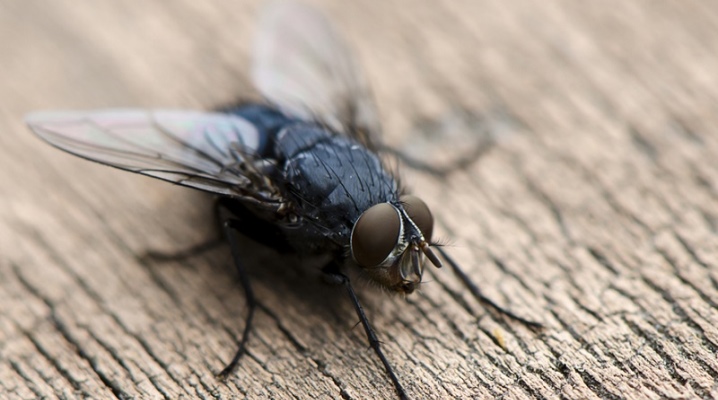
Flies who settled on the site are a disaster familiar to many summer residents and owners of private houses. And if the problem of flies was only spoiled kebabs. These insects are carriers of a number of sad diseases. Let's try to figure out how to drive out uninvited neighbors and prevent their return.

Folk remedies
First, let's try to get rid of flies in the courtyard of a private house using folk remedies.
Sticky traps
These traps are the most popular fly control. You can resort to commercial adhesive tapes, or you can make a trap at home. Fortunately, this is easy to do. There are several recipes for gummy mixes:
- honey or sugar syrup with the addition of starch;
- water, sugar (3 tablespoons) or honey (1 tablespoon);
- water, a sweet ingredient that is mixed with 1-2 tablespoons of black pepper;
- peanut butter, glue and honey;
- molasses mixed with cornmeal.
Liquid mixtures are easier to pour into jars or glasses, thick ones - put in saucers. It is best to set traps in the evening. Sticky tapes can also be made at home - there would be a desire to make them, but the process itself is not very complicated. First, you should prepare a mixture of 90 g of melted rosin, 30 g of vegetable oil and a sweet component. With this compound, you need to lubricate strips of paper fixed to a surface in a horizontal position or suspended from a hook made of thread or wire.
But with such traps it is important not to "get stuck" yourself. The effect of any sticky traps, unfortunately, will be short-lived - flies breed too quickly. So in such ways you can fight insects for a very long time.
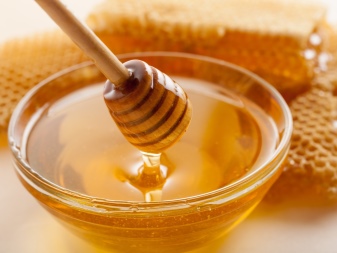

Smells
A variety of odors can help scare off flies. True, it works better indoors, but you can try to apply this method of struggle in the yard. The first, and most pleasant for a person, aroma is cloves. Flies hate this spice. You can spread it out on a terrace or in a gazebo, use essential oil in a special lamp, or even create an interesting decor element by sticking cloves into an apple, and the smell will be stronger thanks to the juice. Hanging bags with dried lavender, tansy or wormwood on the veranda will give a similar effect. The disadvantage of these options is that the smell must be perceptible, so its sources must be regularly updated.
The next remedy is not so pleasant anymore - it is vinegar. A cloth moistened with it can be used to wipe garden furniture. For the time of barbecue, this method of getting rid of it will be enough. Someone resorts to kerosene, using it similarly to vinegar, but this option is too fire hazardous, and changing flies to the smell of kerosene is a dubious pleasure.
And the last smelling agent is vodka. It can be poured into freezer bags and hung on site. The flies will not appreciate this either and will rush to leave.
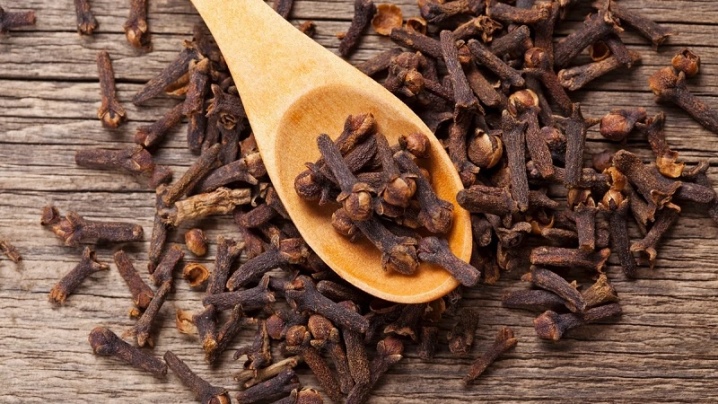
other methods
The enemy of my enemy is my friend. So spiders and other predatory insects that feed on flies are your allies in this fight. First of all, these are spiders, so do not eliminate all the cobwebs on the site. Some go even further and release parasitic riders, another natural enemy of flies, onto the site.
If you're not ready to go that far, you can install a ceiling fan on your veranda - flies don't like the wind. And one more, however, not proven, but popular method is foil. It is believed that flies are deterred by its sheen.You can test this method by hanging shiny strips on the site.
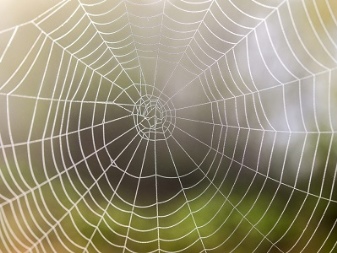

Store funds
When folk methods of fighting flies on the street have not had an effect, it's time to move on to store-bought products. If it was possible to make a poison that quickly destroys flies, but does not harm humans and pets, this drug would be instantly swept off the shelves. Unfortunately, things are much more complicated. The most famous products are Dichlorvos and Chlorofos. Poisoning flies with them is quite effective, but the processing itself can turn into a source of headaches. If you use them indoors - for example, in a corridor or premises in a utility yard, you need to do this strictly following the instructions and only in personal protective equipment.
After spraying with the composition, you should immediately leave the room, and then, after the time necessary for the poison to work, thoroughly ventilate the place, and more than once. The best solution if you want to resort to this method is to turn to professionals. They will be able to process the premises quickly, safely and with maximum results. Another popular control tool is the Agita 10% insecticide. These are granules that must be dissolved in water and wiped the surfaces with the resulting composition. Such a remedy works for a long time, but the procedure should be performed strictly observing safety precautions.
And remember that Over time, flies become addictive to most insecticides. This is an extreme insect control method. Various fumigators work softer - electric, plugged into an outlet, or intended for outdoor recreation - different spirals and sticks that need to be set on fire. They work most often with vaportrin, poisonous for flies, are safe for humans, but less effective with flies.
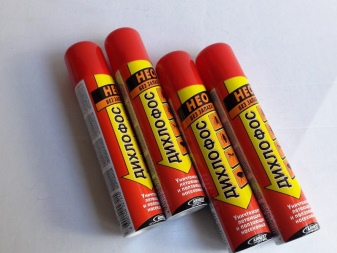
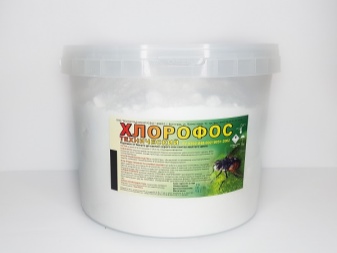
The spirals are made from wood flour, into which insecticides are mixed. After the stick or spiral is set on fire, the substance is released into the air. The range of their exposure is about 20 m2, and the duration of the effect is no more than 10 hours. The safety measures when using such fumigators are simple:
- you cannot use them in the house;
- they should be on a special stand or on a surface that cannot catch fire;
- keep the product at a distance of a meter from people;
- do not store or use it near food;
- wash your hands thoroughly after handling insecticide.
If you do not want to mess with chemistry, you can use various electric traps and ultraviolet repellents. They attract insects by emitting a specific spectrum of rays or just bright light, and then roast them with electricity. The corpses either simply fall to the ground, or end up on a special sticky surface or in a container.
Such devices work at night, operate on different areas. The lamps of such devices do not harm, if used correctly, either humans or animals. You can place them in a recreation area, and this will provide you with calm barbecues. Fortunately, modern models also look like elegant elements of garden decor, and some can be switched to a simple lamp mode. All these methods work with adult flies, and at this time a new generation of annoying insects emerges from the larvae. Only preventive measures can break this vicious circle.

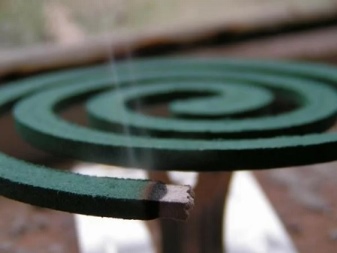
Prevention measures
Preventive control measures can be divided into 3 parts.
- Monitoring the condition of the site. The main thing is that cleanliness should reign on it. No food waste, all bins are tightly closed. The compost should not be waterlogged, and it is better to place the heap away from home. If dogs are walking in the yard, their waste must be removed immediately. The lawn must be cut regularly, the fallen leaves must be collected, preventing them from rotting on the ground. Cesspools, if it is not possible to eliminate them, should be filled with karfos solution.
- Control over the absence of water accumulations in the yard. Standing water is the best invitation for flies, after manure.Watch out for bird feeders and animal bowls. Empty rainwater or service water tanks in time. Take a look around - water can accumulate in the most unexpected places, especially near outbuildings.
- Placing insect repellent plants on the site. Among them are geranium, mint, lavender, wormwood, amphora, false indigo, basil or elderberry. Scared away "helicopters" and bird cherry with walnuts. Some of the plants can be planted in flower beds and beds, others in pots on the veranda. The effect will be one - their smell will scare the flies. And if you want something less aromatic, but more original, take a look at carnivorous plants. True, their care is needed much more seriously.
By keeping the area clean, you minimize the risk of flies. Just do not overdo it in the fight against them. Flies are one of the links in the food chain. They participate in pollination of plants, devour other insects.
One fly in flight is not a cause for alarm. After all, if there is cleanliness around, she has no reason to settle on your site.
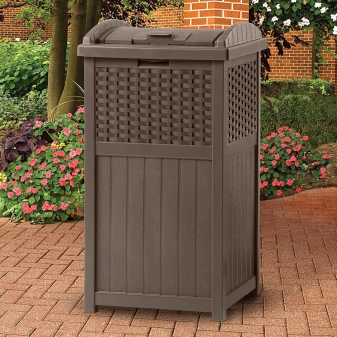
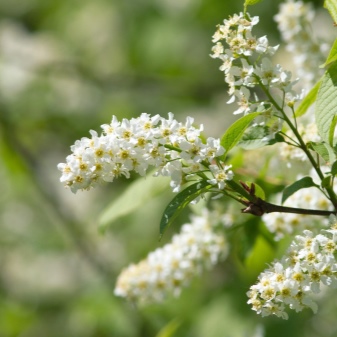













The neighbors next to our site put manure, as a result of which the flies tortured us. We poison effectively, but they do not end! Gathering them off the floor is already tired. We have an open kitchen under a canopy, and now it's just hell.
The comment was sent successfully.